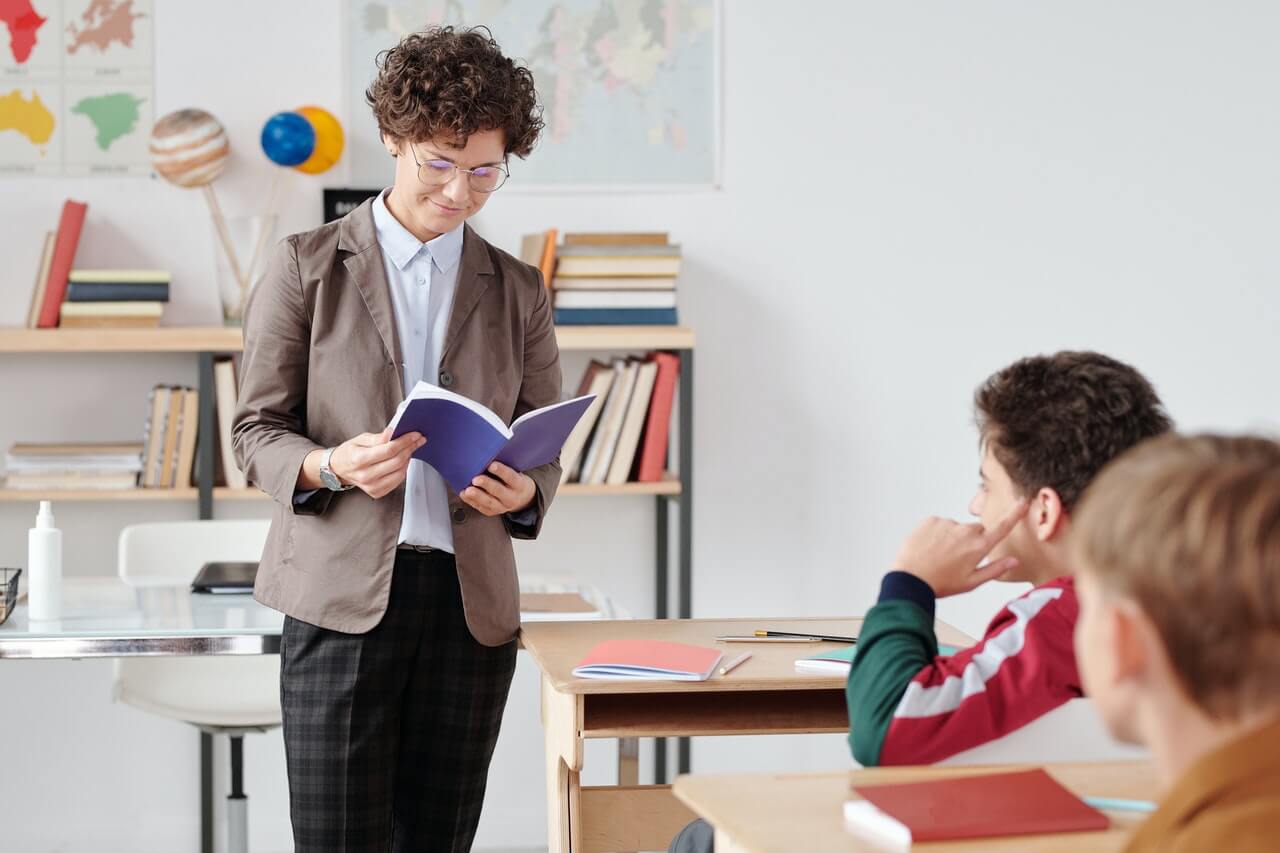rGeraldine Santos SaldañaTeaching Language as CommunicationJanuary 3rd, 2024"Listening"This unit has taught us that "listening" is a mental process that involves putting meaning to words. It is important to know that listening to a foreign language can be very challenging. Schools do not teach enough about listening, and teachers must come up with strategies to help students develop this skill. It is important to motivate them to practice this skill not only inside, but also outside the classroom. Although I have no teaching experience, I have learned a foreign language as a student. Living in Veracruz, I didn't have much exposure to the English language besides a few hours at school a day. After school, I was focused on listening to music mostly in English. I remember watching movies in English and not using the subtitles. I remember I used to make myself think in English and practice in my head. I used everything tool I could to be more exposed to the English language outside the classroom.





